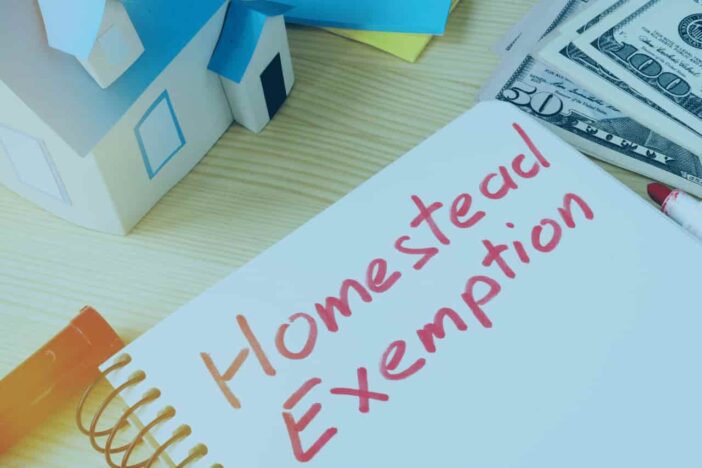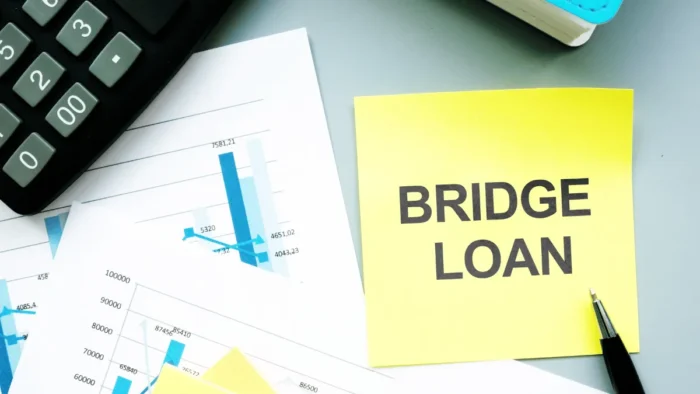The possibility of losing a home is the greatest source of concern amongst people filing bankruptcy; however, there is something called homestead exemption that’s designed to help prevent a home loss in bankruptcy.
The most concern often borders around the workings of a chapter 7 bankruptcy discharge. As for chapter 13 bankruptcy, debtors can keep their homes if they’re able to make requisite bankruptcy payments as stipulated by the bankruptcy court. However, the value of your home often has an impact on your debt repayment amount. So let’s take a more exclusive look at the intricacies of keeping your home in bankruptcy and the workings of a bankruptcy homestead exemption.
Definition of a Bankruptcy Homestead Exemption
Bankruptcy exemption is a government-designed tool for protecting a debtor’s equity from being liquidated. You’ll enjoy full protection on your equity when the value of your property is less than or equal to the value of equity exempted by law. As such, the trustee will allow you to keep the property.
One of the constituents of the bankruptcy code that makes this a possibility are federal bankruptcy exemptions, part of which includes a homestead exemption. But, some states have their own bankruptcy exemptions, and they’ve mandated individuals that have resided in their state to stick to. However, a few states offer debtors the luxury to choose between adhering to federal and state exemptions.
Also, debtors should constantly keep tabs on changes that occur in bankruptcy exemptions, as these often happen regularly. For example, prior to April 1, 2019, the federal bankruptcy exemption was $25,150 for bankruptcy cases filed on or after that given date. However, the figure increased according to inflationary effects. These changes happen every three years.
Chapter 7 bankruptcy homestead exemptions are often different by state. For example, you may file a Chapter 7 bankruptcy in Utah and have different homestead exemptions than if you filed a Chapter 7 bankruptcy in Texas.
How a Bankruptcy Exemptions Calculator Works
A bankruptcy exemptions calculator can help you calculate the possibility of losing your home. Using this calculator is effective in helping you know if there’s any possibility of liquidating the following:
- Cash
- Home
- Personal Property
- Vehicle(s)
Let’s discuss Chapter 7 qualification next via the means test.
Chapter 7 Bankruptcy Means Test Qualification
Qualifying for a Chapter 7 liquidation bankruptcy is no walk in the park. However, you may need to first pass the means test before you’re issued a discharge. To know whether you qualify or not, I’ll advise that you can potentially use a Chapter 7 means test calculator to estimate your chances.
If the calculator below shows that your income is above your state’s median income, then it means that you may not get the bankruptcy discharge.
However, if the calculator indicates that your income is below your state’s median income, the probability of getting a discharge is very high.
How Homestead Bankruptcy Exemption Works in Chapter 7 Bankruptcy
If your income is liquidated by a chapter 7 trustee, then maybe paid a sum of $25,150 for your exemption if it’s a federal exemption. However, a state bankruptcy exemption may stipulate something higher. For example, the Georgia bankruptcy exemptions may be different than other states. The trustee will pay you this exemption after the costs of the sale. Cost of sale will include closing costs and the remaining mortgage amount.
Also, if the proceeding is less than your given bankruptcy homestead exemption, then your home won’t be liquidated by the Chapter 7 trustee. The reason why the trustee may liquidate your home is to receive funds for the bankruptcy estate. These funds will then be used to pay creditors. And if the bankruptcy trustee does not expect to take hold of the funds, then the creditor will have no hope of receiving any funds. To liquidate an asset, the trustee will first auction your home and provide you with an amount equal to your homestead exemption before paying your creditors.



